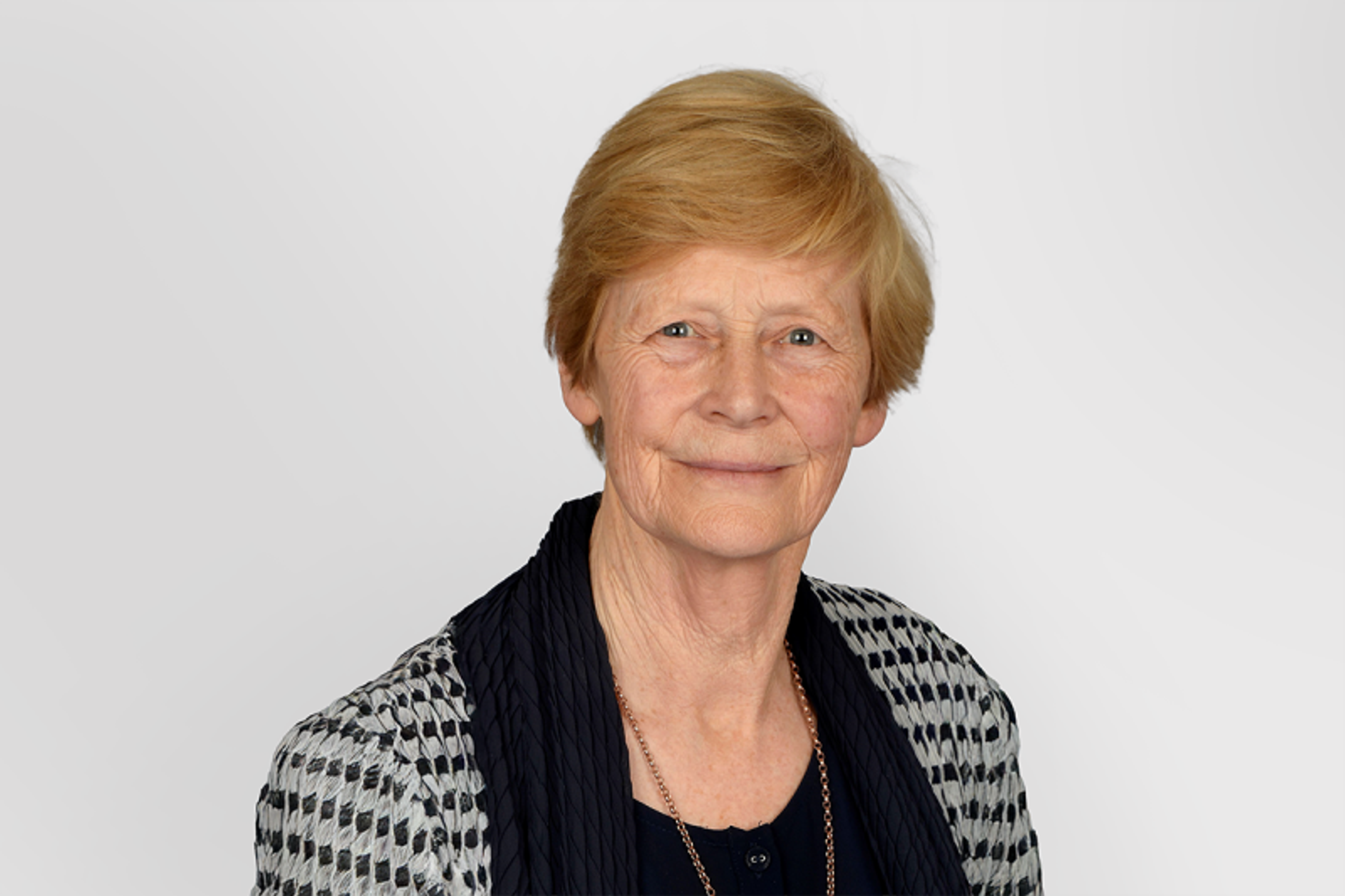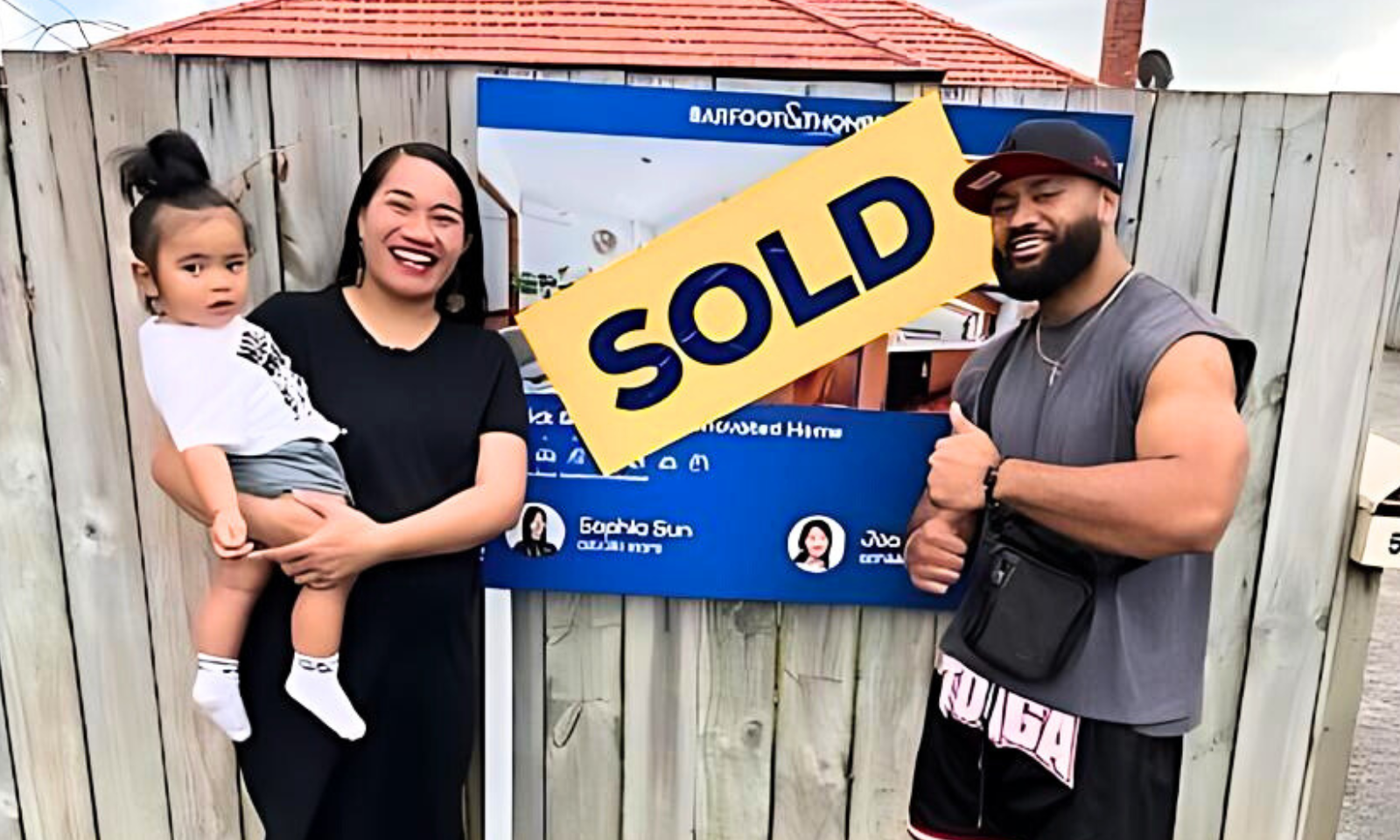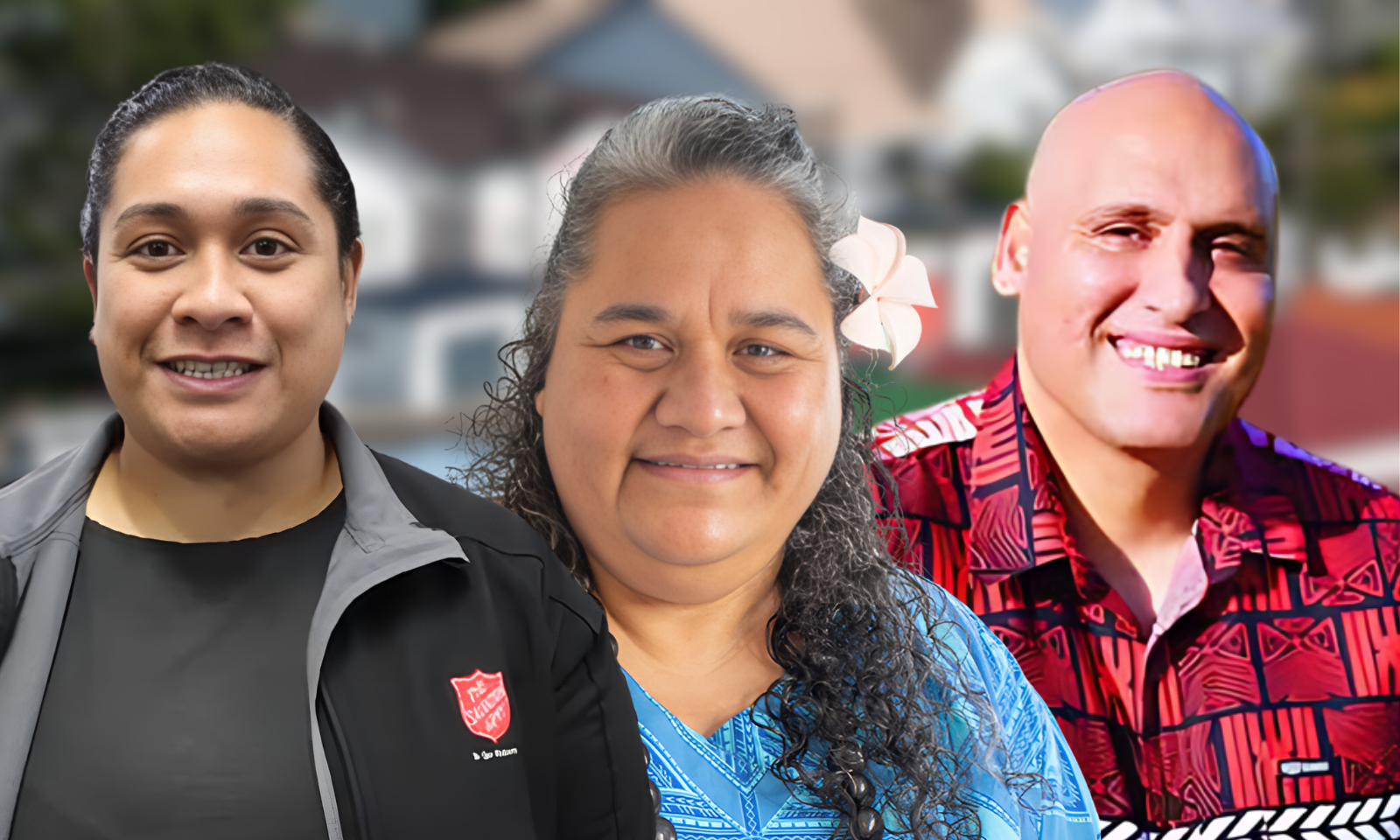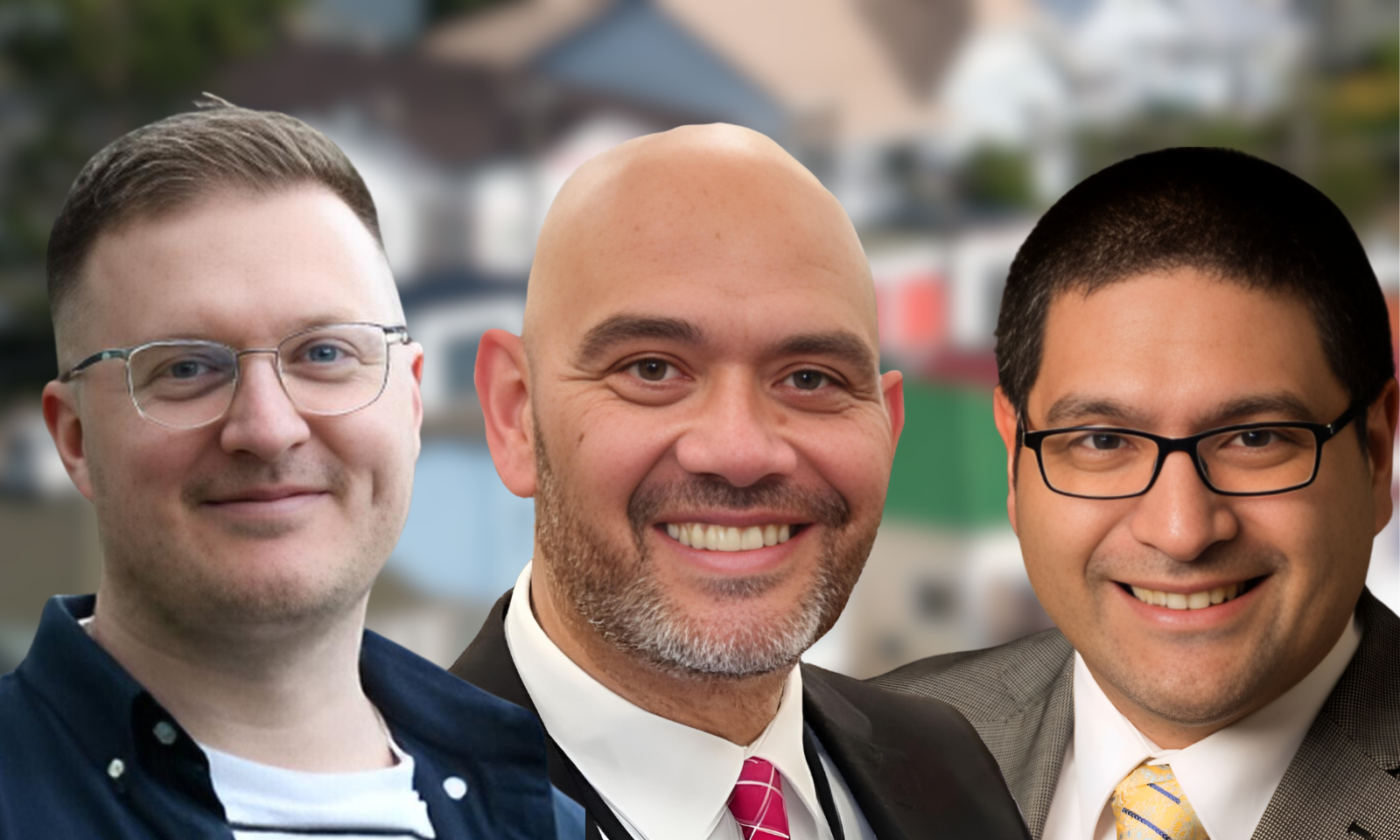

Locked Out is a four-part radio documentary series by PMN News and Pacific Mornings.
Photo/ PMN/ Tony Sok
‘Courageous Conversations’ needed to reverse Pacific home ownership decline
Episode four of PMN’s latest podcast, Locked Out, explores how realistic it is to reverse Pacific home ownership rates that have been declining since the late 1980s.




Pacific eyes on rising US strikes in Venezuela amid deaths at sea





Pacific eyes on rising US strikes in Venezuela amid deaths at sea

In the 1980s, more than half of Pacific households in Aotearoa New Zealand lived in houses they owned. But by 2018, it had dropped to just 21 percent. In a four-part radio documentary series Locked Out, PMN News and Pacific Mornings examines what led to the decline and potential solutions for getting back to the home ownership rates of four decades ago.
To listen to episode four - Courageous Conversations - click on the link below
While some housing experts are hopeful that declining Pacific home ownership figures can be reversed, others are concerned the majority will be confined to being long-term renters.
In the 1980s over half of Pacific households in New Zealand owned their homes but by 2018, that number plummeted to just 21 percent.
Salvation Army social policy analyst Ana Ika doesn’t want to be the voice of doom, but she doesn’t believe the outlook is positive for reversing the negative trend, unless there are significant changes.
"It is quite a pessimistic view, but we do deal with numbers, and the numbers are leading in that direction, that future generations of Pacific will be confined to being renters," she says.
"We should do everything in our power to be able to ensure that doesn't happen. But the reality is, and where we’re heading in this current economic climate and housing crisis, it is unfortunately the reality.”
Ika says the only way to flip that around is continuing to invest in the education of our Pacific children, in the hope that the disposable household incomes of Pacific families will lift significantly, so housing is more affordable.
Pacific economist Filipo Katavake-McGrath believes there will be a turn-around in Pacific homeownership trend.
"My prediction for the next couple of generations of Pacific peoples are that we will see an increase in the proportion of our population who are homeowners," he says.
His view is based on the increased number of Pacific people going through higher-level tertiary education, moving into higher-paying careers and starting their own businesses.
“We are also seeing the rise of Pacific savings schemes … where the family pool the money together for major purchases, including homes."
He says there are also different types of housing becoming available, including lower cost options like apartments, terraced housing, and smaller standalone houses.
“We're starting to see supply moving in a good direction, we're seeing incomes moving in a good direction, so I am hopeful for the future,” he says.

Pacific home owners Loina (left) and Kafoa Hala with their child Faka’osita’u Hala Jr.
Ownership ambition
Kafoa and Loina Hala, a young Tongan south Auckland couple, bucked the trend and became home owners in 2023.
The Hala family are among the 1-in-5 Pacific households who now own their home.
They credit knowledgeable and experienced parents for giving them “an edge”
Kafoa says savings discipline and the support of a financial advisor helped them achieve their dream.
"It started with our finances, knowing the difference between wants and needs, and coming to terms with the importance of saving," says Kafoa.
"We cut down on unnecessary expenses like eating out and coffee. We also had a good mortgage broker who helped us understand the process and move forward quicker than we expected."
While the couple utilised their KiwiSaver funds, they could not take advantage of the first home grant because the value of the home was too high. The government scrapped the home grant scheme in May this year.
In the 1960s and 1970s, various government-funded schemes enabled many Pacific families into their own homes. But government policies changed in the late 1980s and the banking system was deregulated.

(From left) Salvation Army social policy analyst Ana Ika, Penina Trust Chief Executive Roine Lealaiauloto, founder of Home Ownership Pathway Andrew Lavulavu.
Courageous people
Thomas Tarurongo Wynne, a Cook Islander, grew up in a home owned by his parents, thanks to government policies in the 1960s and 70s that prioritised homeownership for all New Zealanders. But having grown up in the 1980s, home ownership has eluded him.
He believes the current policies do not provide the same opportunities for Pacific people.
The financial levers needed to “pull us up” aren't there any more, and he says many Pacific families are just not earning enough.
“We (Pacific people) are literally surviving, not thriving," says Wynne. "We came with aspirations for a better quality of life, education, health, and home. But we have been consigned to be rent fodder for investors. We need government action to increase Pacific homeownership."
He says there is a courageous decision that somebody needs to make about prioritising home ownership.
“We need courageous people speaking about that situation for us, about us, and I just don't see it yet,” says Wynne.
The Penina Trust in South Auckland is one organisation that is trying to reverse the trend by setting up a rent-to-own scheme under the government's Fale mo Aiga housing strategy.
Trust Chief Executive Roine Lealaiauloto says they “opted for a rent-to-own scheme because we are new to this” and subcontracted Habitat for Humanity to guide them.
“Families pay rent on the property for about five years, and most of that money goes towards paying down the principal. We offer interest-free loans for five years, so families can build equity and save for a deposit."
But Lealaiauloto acknowledges there are significant barriers to Pacific homeownership.
"For many families, housing affordability seems more and more distant. Many young families realise they'll never get into homeownership because of the high prices. We often look at our children and wonder if they'll be able to afford homes in the future."

(From left) Housing Researcher Dr Jordan King, Cook Islander Thomas Tarurongo Wynne, economist Filipo Katavake-McGrath.
We've done it before
Andrew Lavulavu, the founder and director of a Home Ownership Pathway, a licensed financial advisor, is optimistic about the future.
Lavulavu’s organisation has been one of 15 organisations running financial capability programmes for Pacific people, also as part of the Fale mo Aiga strategy.
He says in the 1980s, 90s and early 2000s, there was no central support for Pacific families.
“We were left out in the private market dealing with mortgage brokers, banks, lenders. So our (financial) ‘education’ was a big thick folder or mortgage broker telling us, no you don’t qualify,” he says.
But today more than 3000 Pacific families have received financial education and support towards home ownership through the Fale mo Aiga programme. At the end of March 2024, about 165 families from that programme had bought their own home, or were saved from having to go through a mortgagee sale.
“This intervention (financial education) is setting us on a far better trajectory for the future," he says.
Housing specialist Dr Jordan King is also optimistic but stresses the need for policy changes and innovative solutions.
"We did have Pacific homeownership rates up to 50% by 1986. That decline can be reversed, we know how to do it because we've done it before. The fact that current policies continue not to work, and that trend keeps trending downwards, is going to keep the pressure on,” says Dr King.
He believes that both major political parties are starting to rethink what is needed for the future, as a youthful Pacific demographic is also putting generational pressure not to be locked out of the system.
Dr King says that with a much younger Pacific population, politicians ignore their home ownership aspirations at their own peril.